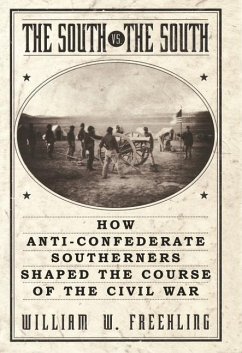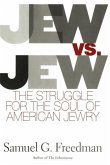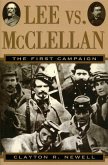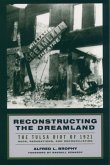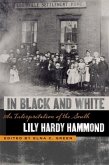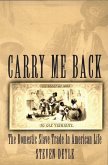Why did the Confederacy lose the Civil War? Most historians point to the larger number of Union troops, or to the North's greater industrial might. Now, in The South Vs. the South, a leading authority on the Civil War era offers a critical supplementary viewpoint. William Freehling argues that 450,000 Union troops from the South--especially border state whites and southern blacks--helped cost the Confederacy the war. In addition, when the southern border states rejected the Confederacy, half the South's industrial capacity swelled the North's advantage. Whether revising our conception of Union military strategy or of slavery, or changing our perceptions of blacks' role in producing Lincoln's Emancipation Proclamation, or finding new meanings in what is arguably America's greatest piece of sculpture, Augustus Saint-Gaudens' Shaw Memorial, or establishing the antecedents to Martin Luther King, Jr., Freehling's piercing insight and rhetorical verve yield a major new Civil War narrative.

